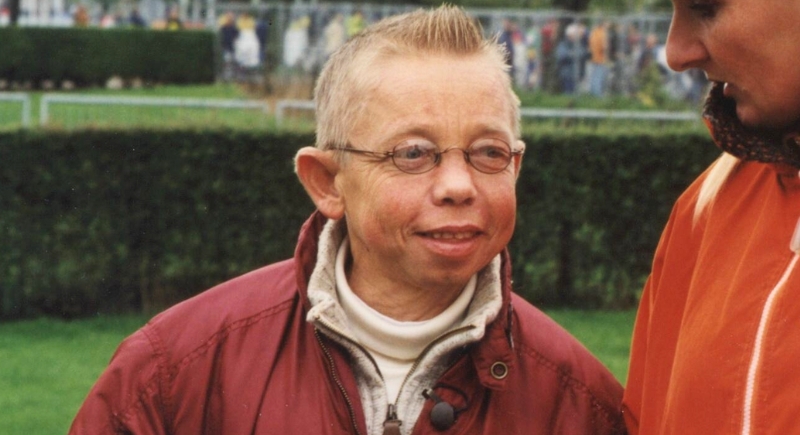The Creators of Black Mirror Once Made a Game Show That Was Even More Dystopian
Before Black Mirror became known for its sharp critiques of technology, one of its production partners broadcast a reality show that made people question the ethics of television itself. In 2007, a Dutch broadcaster stunned the public by announcing a live program where a terminally ill woman would choose who received her kidney.
The story caught international attention almost instantly. And as harsh as the idea sounded, the goal behind the program was to pressure the government into solving a life-threatening problem that had been ignored for too long.
A Premise Built on Desperation
The program in question was called The Great Donor Show, and it aired on Dutch broadcaster BNN as a high-stakes and emotionally charged special. It centered on Lisa, a woman reportedly living with a terminal brain tumor, who had decided to donate one of her kidneys.
Three actual patients, all dealing with advanced kidney failure, appeared on the episode to share their stories. And like typical game shows, each one hoped to be selected as the recipient. Viewers could even send text messages with input, and the network promised that all proceeds would support the Dutch Kidney Foundation.
The Twist That Changed the Conversation
At the very end, Lisa stood on stage with the two final candidates when the host paused the program. He turned to the camera and said there would be no transplant because Lisa was not on the brink of losing her life. She was actually a professional actress.
However, the patients were real, and they had volunteered to take part. But they were not competing for an organ. This is because the entire event had been staged as a public message about the failure of the country’s transplant registration system.
BNN used the moment to challenge lawmakers directly. The host went on to ask the members of parliament to act on the actual crisis behind the broadcast: a donor shortage that had cost lives and gone unresolved.
A Legacy Rooted in Loss

Image via Wikimedia Commons/Herman Harens
The network that ran the show was founded by Bart de Graaff, a television personality who lived with chronic kidney failure. Bart developed the condition after a car accident at age nine. In the late 1990s, he received a kidney through organ transfer and used that time to launch BNN. He created programming aimed at younger audiences and often participated in wild, confrontational stunts.
After only a few years, his body rejected the transplant, and Bart lost his life in 2002. By then, he had become a national figure. His demise exposed how poorly the Netherlands handled organ donation. Thousands remained on waiting lists, and many lost their lives before getting help.
Immediate Reaction and Long-Term Effects
Even before the broadcast, politicians, doctors, and news outlets spoke out against the idea. Dutch embassies fielded complaints from outside the country. In parliament, some members looked for a way to block it but admitted they had no legal tools to do so. When the show aired, the criticism itself became part of the production. Viewers watched as the host cut in clips of lawmakers denouncing the plan, then pressed them on why no real answers to the shortage had been offered.
After the reveal, thousands of viewers contacted the donor registry. By the end of the week, over 50,000 people had requested registration forms. That figure far exceeded the usual monthly average. In 2008, the show won an International Emmy. A year earlier, it had been voted the most significant Dutch television moment of 2007.
And while the segment did not change policy overnight, lawmakers debated reform in the years that followed. Eventually, in 2018, the Dutch Parliament passed a bill moving the country to an opt-out system, which meant that all adults became organ donors by default. But they could choose to back out by submitting a formal request not to participate.